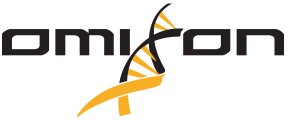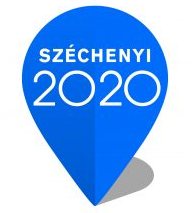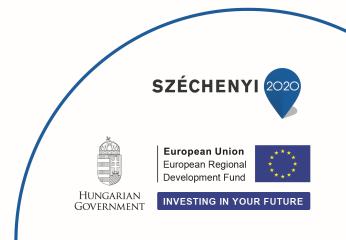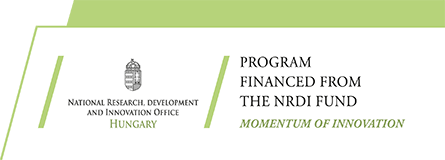
Holotype HLA offers a whole gene NGS-based approach to HLA genotyping, has been in routine clinical practice since December 2013 with over 2000 samples analyzed. A 6-participant double-blind Alpha Study has also been conducted by Professor Monos to determine the reproducibility (99.7%) of this technology in other labs with 99.8% accuracy and 0.2% ambiguity. The higher resolution genotyping results pave the way for improving transplantation outcomes through a more refined assessment of donor compatibility, and will expedite the donor selection process from bone marrow registries. It also provides an advanced tool for research in immunological diseases, infectious diseases, and pharmacogenomics.
Professor Monos will join the team at Omixon in this new role with the company to provide the necessary scientific leadership in HLA and beyond. Omixon’s CEO Tim Hague says, “Professor Monos has already pioneered the development of a best in class assay, and with his scientific input to the product development process, Omixon will be able to grow a portfolio of products to address the genotyping needs of all HLA labs”. “A single technology for both bone marrow and solid organ transplant programs, that is more informative with virtually no ambiguities, which is simultaneously easy to introduce and cost effective – this is a very attractive proposition for Immunogenetics labs”, says Tim Hague. NGS has already caught the eye of a number of labs that support solid organ transplantations in addition to the bone marrow workflows. “Extending the number of loci from 5 to 11, reducing turnaround time and having a simple automated protocol are all critical to labs interested in HLA typing for solid organs”. Importantly, “these additions to Omixon’s products are just the start with more announcements to be made later this year for multiple product lines,” says Mr. Hague. Professor Monos notes that characterizing the HLA genes could be important for expanding the horizon of the biological role of HLA from transplantation further into pharmacogenomics, disease associations and as a companion diagnostic. “This new technology is a cause of expansion not contraction. Labs will rapidly see an opportunity for new advancements in science and as well as clinical practice. It has already been documented that mutations in the transmembrane and cytoplasmic domains influence T cell responses, while intronic sequences of the HLA genes harbor miRNA Sequences important in both T and B cell signaling; this in my opinion suggests that our community should thoroughly and systematically characterize the HLA sequences at every opportunity.” Read the article on PRWeb…






